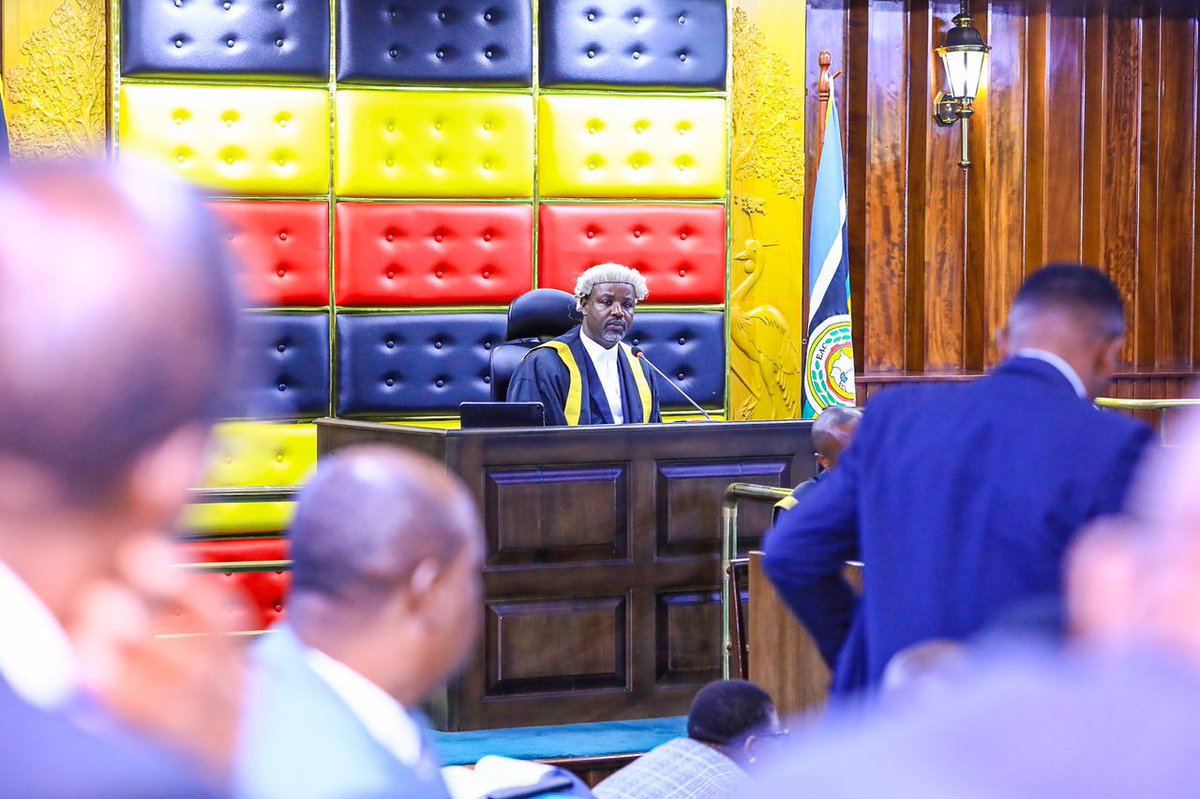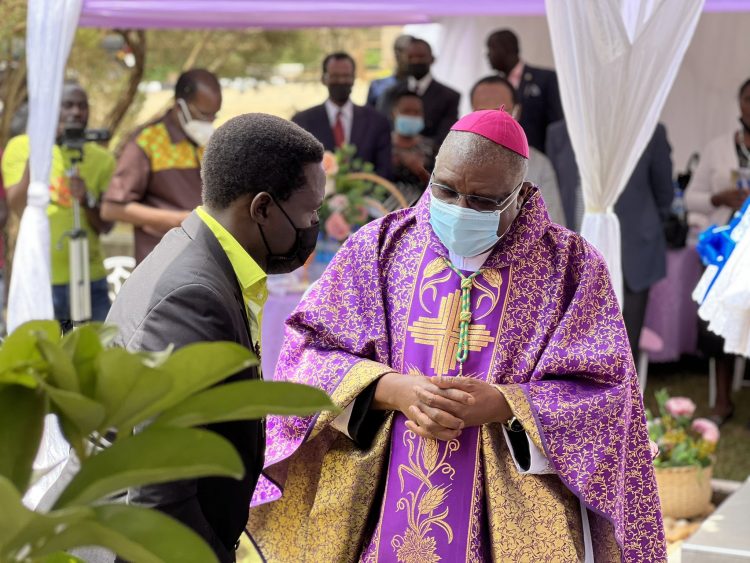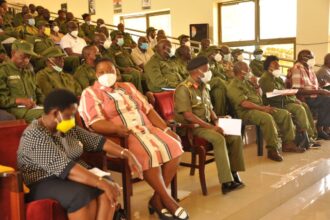Parliament’s decision on Wednesday to halt debate on the Energy Efficiency and Conservation Bill, 2024, reflects more than just a pause in legislative business. It signals the complexity of Uganda’s energy transition and the deep-seated questions about whether new laws or better enforcement of existing ones are the right tools to achieve efficiency and sustainability.
The Bill, tabled by the Committee on Environment and Natural Resources, aims to create a legal and regulatory framework for energy efficiency. Its proponents, led by committee chairperson Herbert Ariko, argue that Uganda’s current voluntary initiatives are inadequate. Without regulation, he warned, the country risks becoming a dumping ground for outdated and wasteful technologies. Ariko framed the Bill as a necessary safeguard to align Uganda with global standards, ensure responsible energy use, and reduce wastage.
Yet, not all MPs are convinced. Ronald Kanyike and Christine Kaaya, both from the National Unity Platform (NUP), presented a dissenting report that laid bare the cracks in the proposal. They argued that the Bill duplicates existing frameworks, including the Electricity Act of 1999, the National Environmental Act of 2019, and the Uganda National Bureau of Standards Act of 1983.
Their critique was not only legal but also practical. Kanyike noted that the Bill sidesteps critical issues like Uganda’s reliance on biomass, which accounts for over 80% of household energy use. Without addressing affordability, financing, and a realistic pathway to transition, he argued, the law risks being an impractical piece of legislation disconnected from Uganda’s energy realities. Instead, he called for strengthened enforcement of existing laws, statutory instruments under the Climate Change Act, and incentives for modern, clean energy solutions.
Deputy Speaker Thomas Tayebwa’s intervention reflects a pragmatic approach. Rather than rush the Bill to its second reading, he urged the Minister of Energy, the Attorney General, Ariko, and Kanyike to meet and examine whether the gaps raised can be resolved through regulation instead of new legislation. His question—“Can we solve these issues with regulations, or do we need a law?”—captures the heart of the debate.
This moment raises broader questions about Uganda’s legislative approach to energy governance. Does the country need a fresh law for every emerging challenge, or is the real problem the weak enforcement and coordination of policies already on the books? For critics, the Bill risks adding bureaucratic layers without addressing core problems such as high electricity tariffs, limited access to affordable clean cooking, and financing for household and industrial transition.
The Stakes for Uganda’s Energy Future
Uganda’s energy efficiency debate is not a technicality; it strikes at the heart of the country’s development path. Efficient energy use could reduce costs for businesses, free up power for industrial growth, and lower household energy bills. On the other hand, poorly designed or duplicative regulations could increase compliance costs, deter investment, and leave Uganda struggling with the same inefficiencies it seeks to eliminate.
For households that still depend on firewood and charcoal, the absence of a clear policy on biomass transition makes the Bill feel detached from their lived reality. Without addressing affordability, modern technologies—no matter how efficient—remain out of reach for millions.
The pause offers the government a chance to recalibrate. By bringing the committee chairperson, dissenting MPs, and the Attorney General to the table, Parliament has created a window for constructive dialogue. If the discussions yield consensus, Uganda could emerge with a framework—be it statutory instruments, stronger enforcement of existing laws, or a revised Bill—that better reflects its energy mix and developmental priorities.
What is clear is that Uganda cannot afford to ignore energy efficiency. With rising demand, climate change pressures, and the push for industrialization, how the country chooses to regulate energy use will have long-term implications for sustainability and competitiveness.
The Energy Efficiency Bill may be stalled, but the questions it has raised are urgent and unavoidable. Whether through a new law or better use of existing ones, Uganda must find a coherent path to conserve energy, cut waste, and ensure that its people and industries thrive in a future powered more by innovation than inefficiency.
Do you have a story in your community or an opinion to share with us: Email us at Submit an Article








